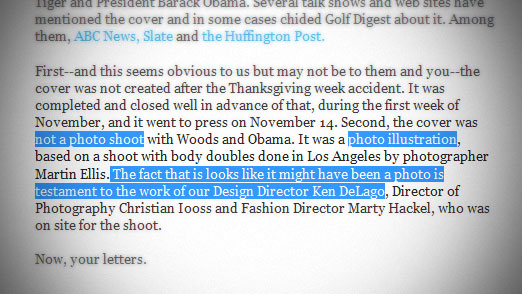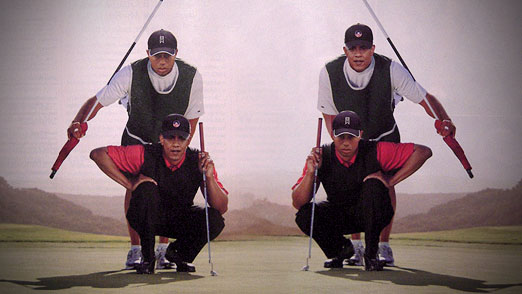
It’s happened to all of us. Sometimes you see it coming; sometimes it sneaks up and punches you in the gut. Sometimes it steps out of the dark to trip you on your way into the board room. Yet no matter how it happens, your reaction is always the same. A look of disgust accompanied by shock, disappointment and sometimes even humiliation. Yup, you guessed it… you’ve just been buzzworded.
If you work in an office or have ever been to a corporate meeting, there’s a good chance you’ve been buzzworded a time or two. You may have been the direct recipient of a buzzword (ouch) or you may just have been in the room when the speaker launches into a buzzword buzz-storm. Either way, buzzwording is so deeply ingrained in American business it’s virtually unavoidable.
Let’s check the Merriam-Webster Online Dictionary.
buzz•word
Pronunciation: \ˈbəz-ˌwərd\
Function: noun
Date: 1946
1 : an important-sounding usually technical word or phrase often of little meaning used chiefly to impress laymen
2 : a voguish word or phrase —called also buzz phrase
The date for buzzword is listed as 1946. Now, we all know the practice of buzzwording has been around a lot longer than that, but I wish we knew the first documented case of buzzwording. That would be a real treat to hear. The mere definition of the word conveys the deeper meaning of it all – deceit. Buzzwords are words or strings of words meant to confuse, disguise, complicate or mislead someone into believing you know more than you actually do. Buzzwords benefit no one except the user. Unfortunately, buzzwords are so popular, they user may not even know they are using one. This brings us to an even bigger problem, the common acceptance of buzzwords.
There are a ton of commonly accepted buzzwords, think-outside-the-box, solutions provider, synergy, value-add and the list goes on and on. If you’re having trouble thinking of a particularly effective buzzword, please consult the Buzzword Generator or the Web Economy Bullshit Generator for some particularly nice ones.
It should be noted that buzzwords vary from jargon in that jargon has no intent to mislead the listener. Jargon is often necessary in technology and complex industries which require very specific terminology by industry insiders, but when those terms are used outside the industry they can become buzzwords. This ultimately signals the death of that word and gives it a special place in buzzword history.
As it differs from jargon, so is it similar to Bullshit. Harry G. Frankfurt’s beautifully written eighty-page pocket-sized On Bullshit makes the argument that “bullshit is a greater enemy of the truth than lies are”. Here, Bullshitters and Buzzworders fall into the same category, disliked. They are disliked so much and so globally that On Bullshit spent 27 weeks as a non-fiction bestseller on the NY Times Best Seller List and has been translated into 15 different languages worldwide.
In your attempt to rid the world of buzzword misuse, perhaps you would like to take up a game of Buzzword Bingo at your next big meeting. Good luck to you! Here’s hoping you can maximize front-end functionalities of low-level partnerships to integrate cross-platform synergies while streamlining scalable networks and leveraging existing technologies to create a best-of-breed business model that harnesses dynamic architectures and frictionless communities.
Wow. I think I just wrote someone’s mission statement.



